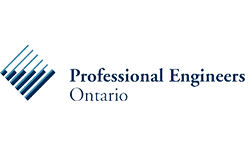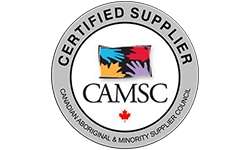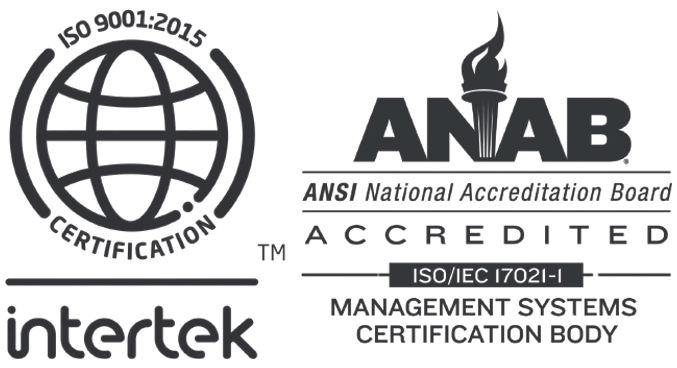At its core, technical writing involves the translation of overly complex information into accessible formats, including everything from drug development reports and clinical trial documentation to product manuals and regulatory submissions. Our technical writers ensure that each document adheres to guidelines and regulations set forth by regulatory bodies.
When precision and clarity are paramount, technical writing plays a pivotal role. From R&D to regulatory affairs, effective communication is essential to ensure compliance, safety, and successful product launches. Technical writing bridges the gap between complex scientific concepts and clear, understandable documentation.
Our skilled technical writers possess a unique blend of scientific knowledge, writing proficiency, and regulatory expertise. They are adept at distilling complex data into concise summaries and creating comprehensive documentation that maintains compliance with Good Manufacturing Practices (GMP) and GCP.
Examples of content types in pharmaceutical technical writing are as follows:
Standard Operation Procedures (SOPs):
Written guides that articulate a conceptual description of a process from start to finish. SOPs are crucial for ensuring consistency, accuracy, and cGMP compliance within a given process in the pharmaceutical manufacturing operation.
Batch Records:
A detailed record related to the creation of a specific batch of a pharmaceutical product. Batch records serve to capture material usage, machine settings, and applicable quality control procedures at a minimum.
Validation Protocols and Reports:
Validation documentation serves as the foundation for regulatory compliance. Validation protocols and reports are the benchmark tools to ensure compliance in a pharma process or product over time.
Investigational New Drug (IND) Applications:
Investigational New Drug (IND) Applications are technical documents submitted to regulatory bodies to request authorization for the conduct of clinical studies for novel pharmaceutical products.
New Drug Applications (NDAs):
NDAs are technical documents that are submitted to regulatory organizations in order to get permission to market a new pharmaceutical product.
Safety Data Sheets (SDS):
SDS are documents that detail the risks and secure handling of hazardous materials used in the production of pharmaceuticals.
Clinical Dossiers:
As companies expand globally and engage in cross-disciplinary collaborations, the importance of effective technical writing only grows. Our writers’ clear and accurate documentation is essential for navigating international regulations, communicating with diverse audiences, and ensuring consistency across different regions and languages.
By investing in skilled technical writers and prioritizing clear and precise documentation, our clients streamline their operations, accelerate innovation, and improve patient outcomes.
Please refer to this Technical Writing Cutsheet for your reference.






